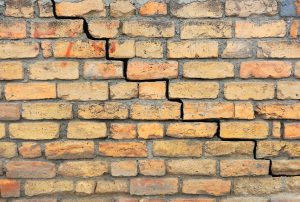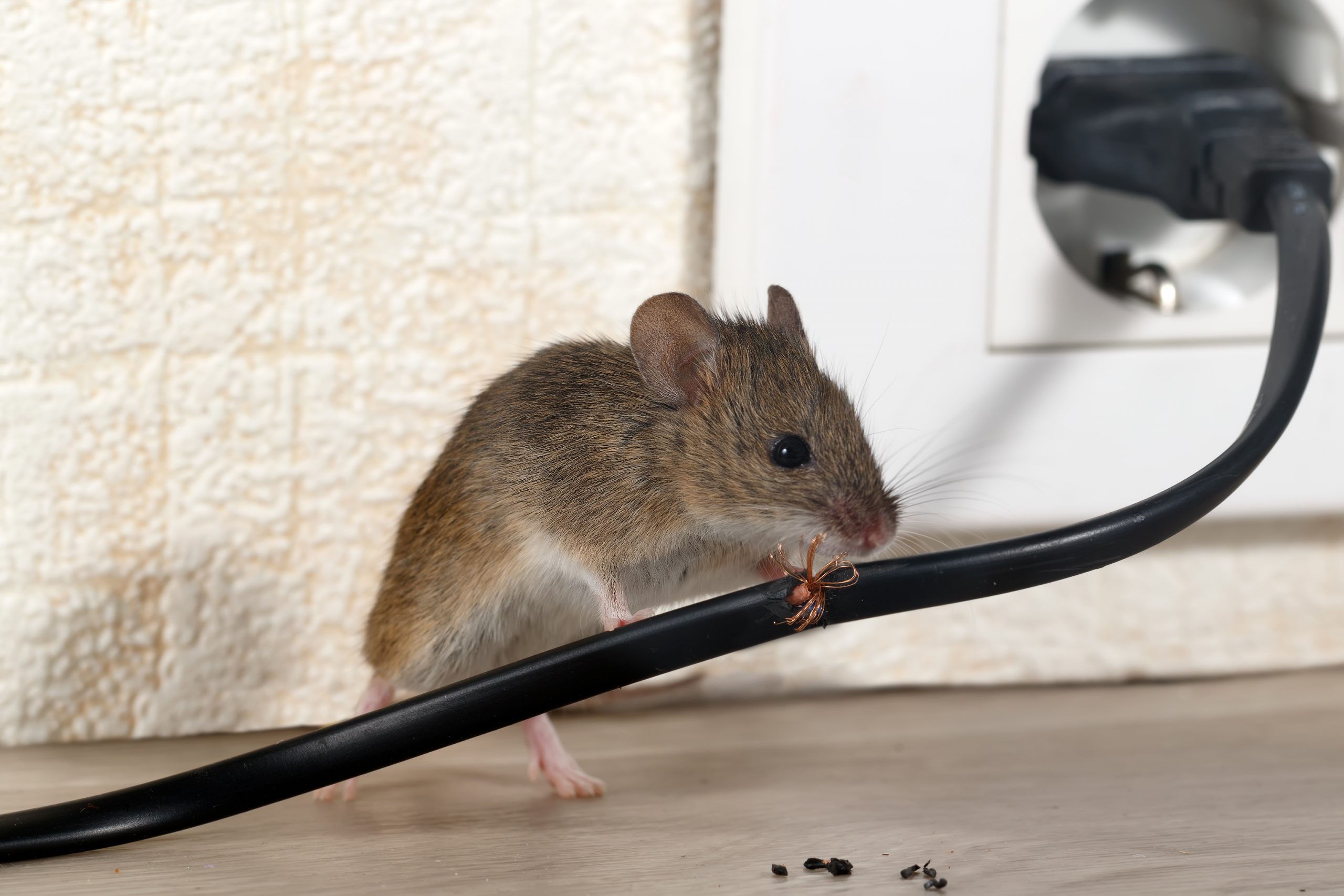 How Is A Mouse Getting Into House?
How Is A Mouse Getting Into House?
Mice are sneaky creatures. They can squeeze through the smallest of gaps. You may not even notice them coming and going. If you have a mouse infestation in your home, then you may want to know where the mouse is getting into the house. We want to help.
Here at My Pest Pros, we are mouse control experts. We have helped property owners throughout Northern Virginia, Martland, and Washington, D.C. identify where mice are getting into their homes and, more importantly, helped to prevent it. In this blog post, we want to share the rodent control knowledge that we have gained over the years.
Common Ways Mice Get Into Homes - How To Identify Them
Mice are incredibly flexible animals. You wouldn't believe the gaps that they can get through. If something is wider than a pencil then there is a good chance that a mouse would be able to squeeze right on through.
Discovering how mice get into your home is as simple as walking around your property and looking for any potential gaps. We suggest that you check the following places:
- Cracks in the foundations of the property.
- Gaps around drains and guttering.
- Cracks around windows, particularly basement windows.
- Small gaps around any wires that may be going into your home.
- Vents ; drains
- Poor weatherstripping around doors and windows.
- Cracks in walls, especially in the basement.
- If you have a bungalow, then small cracks in the roof can also provide a viable entry point for mice.
Honestly, give the outside and inside of your property a walk through and you will be surprised at how many places a mouse can actually get into your home.
If you are looking for cracks in the walls, then we recommend that you do so at night. You can then have a second person walk around the outside of the property and shine a light in. If you see a light coming through a crack, then chances are that it is a big enough gap to stop a mouse from coming in.
Unfortunately, there is not usually much else you can do to know where a mouse is getting in. Some people will put talcum powder around areas they have identified to see whether mice footprints appear but, in our opinion, your best bet is to seal any gap that you identify as quickly as possible. It doesn't matter whether you know a mouse is coming through that way or not. Sooner or later, they probably will. A temporary seal is fine. Just make sure that you seal it up properly in the future.
A professional mouse exterminator such as the pest experts at My Pest Pros are trained and have the experience to identify other signs of mouse activity that you will likely miss. Our technicians have years of experience in mouse control. They know the areas to look for a mouse getting into house that will save you time, frustration and money.
If you have cracks in the walls you may notice a small amount of dust where the mouse has widened the gap. You may notice chewed stripping around windows and doors. However, there may not always be these telltale signs. You just have to assume that any gap you see is an entry point for a mouse.

Once you have identified these gaps, make sure that you seal them. This should prevent the vast majority of mouse infestations.
What May Attract Mice To Your Home?
Mice are animals. They like to stay warm. If there is an easy route into your home then you can bet that they are going to take it. This is why it is so important that you spend time ensuring that all possible ways of entering your home are sealed up.
While warmth is probably going to be the primary motivator for a mouse getting into your house, there are a few things that may make it a bit more attractive for them:
- Food sources. This could be food regularly left out, or it could be garbage cans. Mice aren't too fussed about what they eat.
- If there is a lot of clutter in or around your home, then mice will love it. Mice often nest in this clutter.
- Water sources are close by. For example, dog; cat bowls, or even a leaky tap.
- Tall weeds and other debris around your home.
Cleaning up your home may not get rid of mice if you already have them (speak to our Northern Virginia pest control team for help there), but it can prevent mice from entering in the future.
How To Know Whether You Have a Mouse In Your Home
Other than spotting a mouse running around your home, there are a few telltale signs that you may have a mouse somewhere close by. This includes:
- Mouse droppings
- Gnaw marks
- Hearing scampering noises around the home, particularly inside of walls.
- Your pets are acting much more alert or behaving in a strange way.
- Food bags are torn.
- A foul odor that you can't get rid of.
Mouse control experts are trained to look for these signs and will quickly be able to ascertain whether you have a mouse problem.
Contact The Mouse Control Experts
Whether you are dealing with a mouse infestation or want a bit of an extra helping hand to keep those mice at bay, the team here at My Pest Pros wants to help.
We offer the best mouse control service for dealing with rodents in Virginia. Our team can quickly identify where those pests may be getting into your home. We can help to deal with the problem, and swiftly remove any mice that may be in or around your home.
Contact our Northern Virginia pest control team at 703-665-4455 today. Make your rodent problem our problem. We'll Get Rid of What's Bugging You!
 How Is A Mouse Getting Into House?
How Is A Mouse Getting Into House?